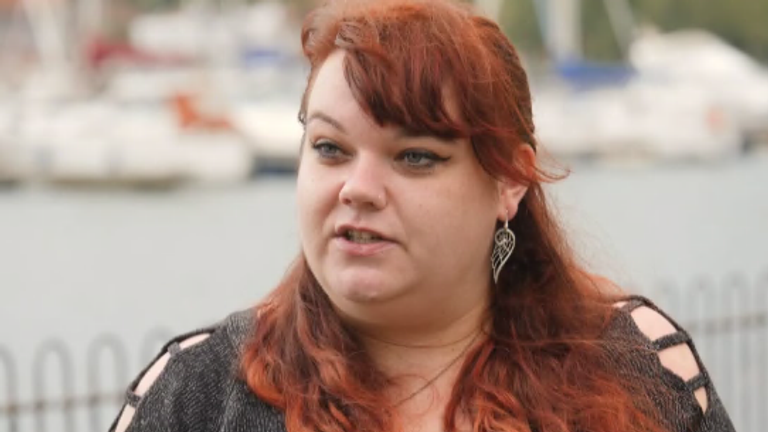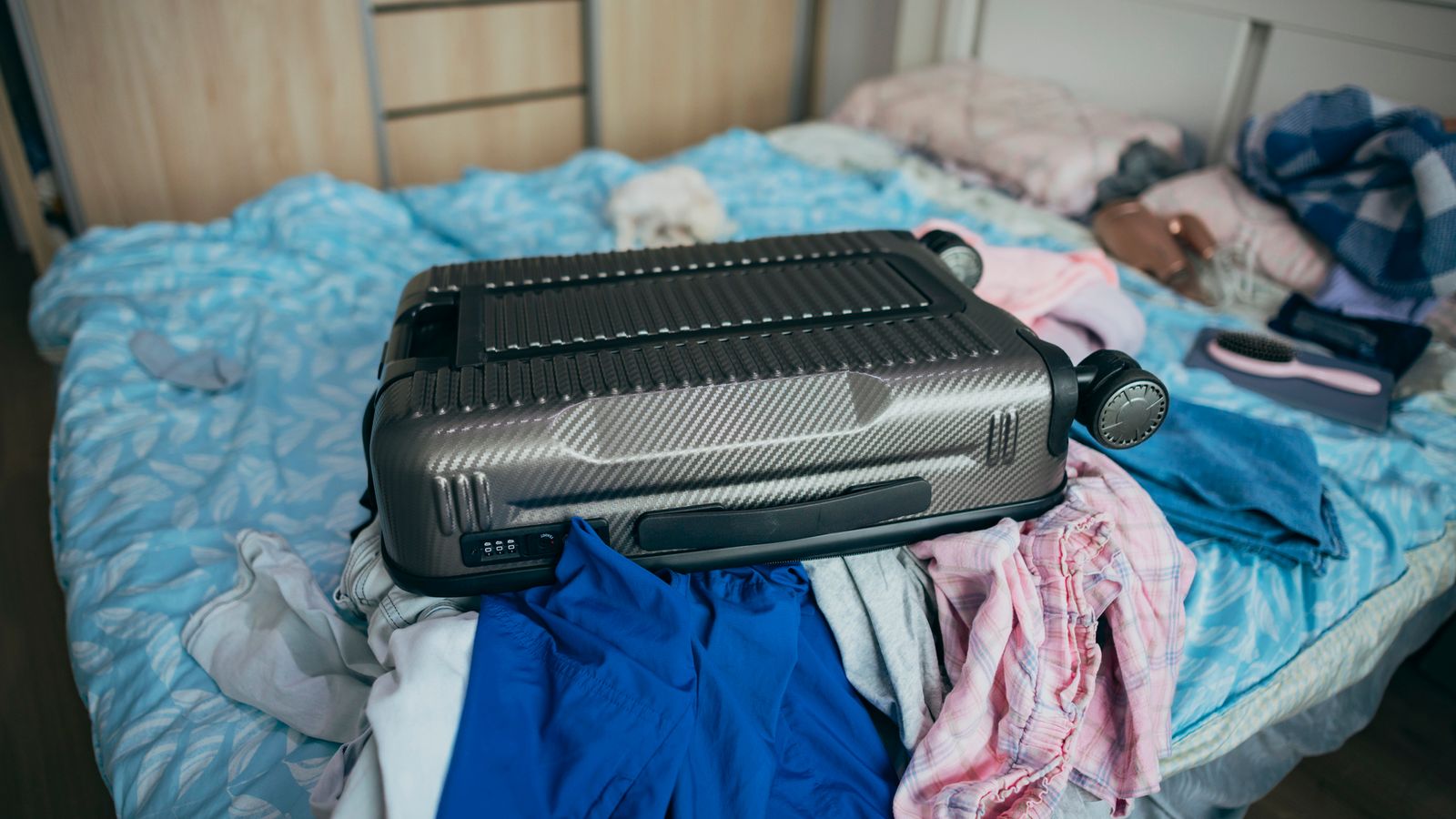
The number of households and children in temporary accommodation in England has hit “shameful” record highs, with nearly 139,000 children living without a permanent home, according to new figures.
Government statistics on homelessness show that between April and June this year, 105,750 households were in temporary accommodation – a new high since records began 25 years ago and an increase of 10.5% compared with the end of June last year.
Overall, 64.4% of households in temporary accommodation included dependent children, with 138,930 living in temporary accommodation – up from 131,500 at the end of March.
Housing charity Shelter said the figures showed the country had hit “yet another shameful record in the housing emergency” as it warned that nearly 139,000 children were now “facing spending Christmas without a safe and secure place to call home”.
Other figures published by the Department for Levelling Up, Housing and Communities (DLUHC) showed a total of 73,660 households were assessed as needing help from their local authority due to being homeless or threatened with homelessness.
Of the 34,850 households that were assessed as being threatened with homelessness, 6,640 households had been issued with a Section 21 notice, also known as a no-fault eviction notice, which the government promised to ban in its landmark Renters Reform Bill.
Meanwhile, there were less than 9,000 new-build homes for social rent available in the latest financial year.
It came as yet another council in Scotland declared a housing emergency, blaming, in part, failures with the UK’s asylum system.
Politics – latest: Jeremy Hunt hails ‘one of the great chancellors’ after Alistair Darling’s death
Shelter chief executive Polly Neate blamed “decades of failure to build enough social homes combined with record-high private rents” and said many are facing “months or even years in temporary accommodation, where their lives are stuffed into cardboard boxes and they can be forced to move at the drop of a hat”.
Rick Henderson, CEO at Homeless Link, said the statistics were “shocking”.
“The cost of providing temporary accommodation is crippling local authorities across the country, to the extent that some are filing for bankruptcy and others are on the verge of going under,” he said.
“At the same time, the people living in temporary accommodation, including over one hundred thousand children, too often experience very poor conditions such as overcrowding and severe mould and damp.
“Cleary this situation cannot continue. In the long-term, whoever forms the next government must build the 90,000 social homes per year we need, so people have affordable, secure homes to live in.”
The government has promised to ban Section 21 notices through the Renters Reform Bill, but the pledge could face long delays after Levelling Up Secretary Michael Gove told Tory backbenchers he would not enact the policy until courts have been reformed.
He made the concession to Tory backbenchers – some of who own properties themselves – following reports they considered the measure as “un-Conservative” and “anti-landlord”.
But Tom Darling, campaign manager for the Renters’ Reform Coalition, said the statistics were “yet another reminder of the urgency of abolishing Section 21 evictions – which are a key driver of homelessness, as well as a source of constant insecurity for millions of tenants”.
Read more:
Huge rise in refugees sleeping rough after Home Office cuts notice period to leave accommodation
Temporary accommodation spending ‘threatening to overwhelm council budgets’
Matt Downie, the chief executive of Crisis, said the level of social homes being built is “a disgrace” and accused the government of a “failure to address the chronic shortage of genuinely affordable homes”.
A total of 63,605 affordable homes were completed across England in the year to March 2023, which the government said was a 7% increase on the previous 12 months and the highest delivery since 2014-15.
A DLUHC spokesperson said it is spending £2bn over three years “as part of a cross-government strategy to build homes for rough sleepers, give financial support for people to find a new home, and prevent evictions”.
They said the government has a “multi-billion pound programme to build thousands of new affordable homes, with a large number for social rent” and referred to progress of the Renters Reform Bill through parliament and the unfreezing of the Local Housing Allowance from April, announced in last week’s autumn statement.












